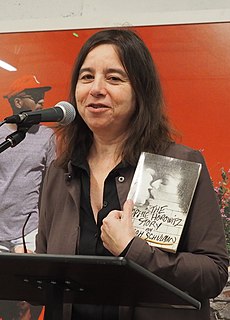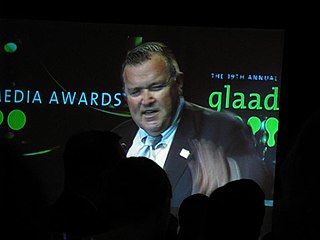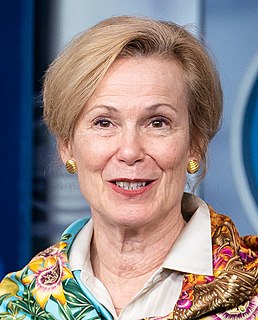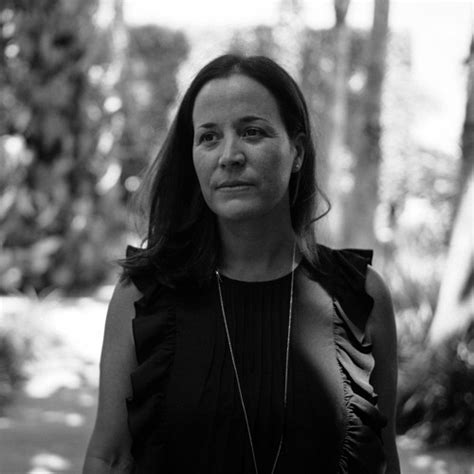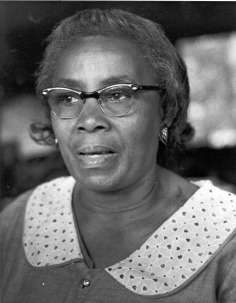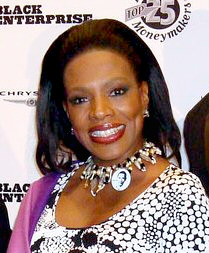A Quote by Sarah Schulman
If we love and identity people with HIV and other oppressed people, we can help transform the epidemic.
Related Quotes
If people are encouraged to come out and say they're HIV-positive and they're given their treatments, then obviously, the people who are marginalized - like intravenous drug users, prisoners, people are made to feel less-than - if they're given the support of the government, and they're given the funding, then it's going to help solve the spread of AIDS and HIV in America.
Drug warriors' staunch opposition to needle exchanges to prevent the spread of HIV in addicts delayed the programs' widespread introduction in most states for years. A federal ban on funding for these programs wasn't lifted until 2009. Contrast this with what happened in the U.K. At the peak of the AIDS epidemic in the mid-1990s, the HIV infection rate in IV drug users in the U.K. was about 1%. In New York City, the American epicenter, that figure was 50%. The British had introduced widespread needle exchange in 1986. That country had no heterosexual AIDS epidemic.
Let's face it, fashion was destroyed by HIV. People would just die like flies in the eighties. Then, my brother died of HIV, so I was shaken by it in a way that you cannot imagine. It has sadly been in my life ever since and affected it for such a long time. It won't let go. To me, it's a fight that's not finished. Of course, there are medicines that help, but half the world has no access to them.
